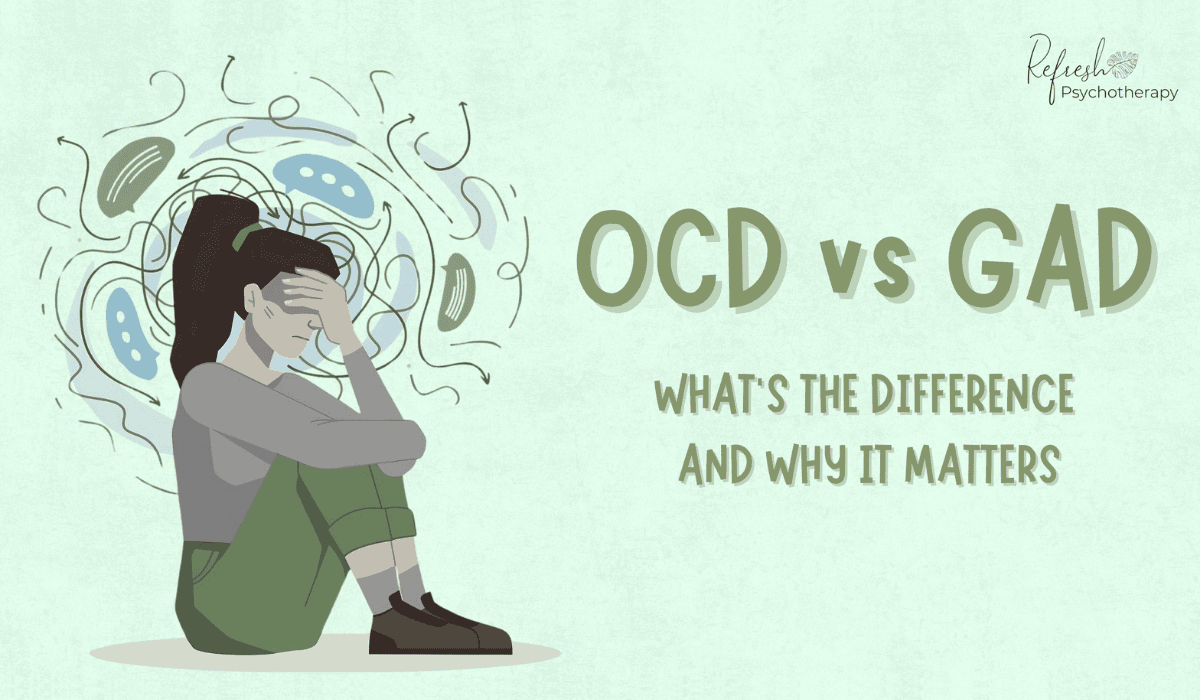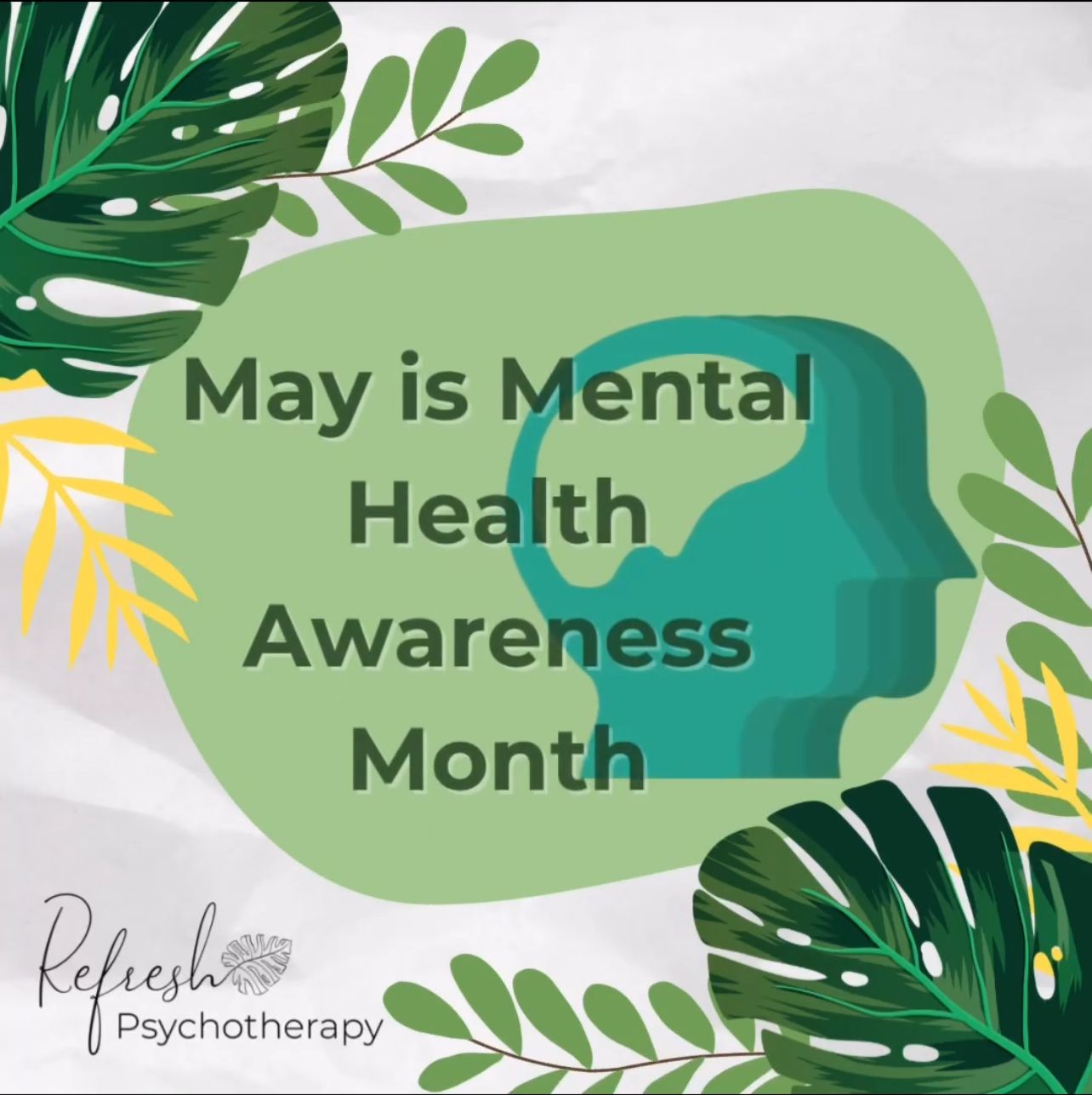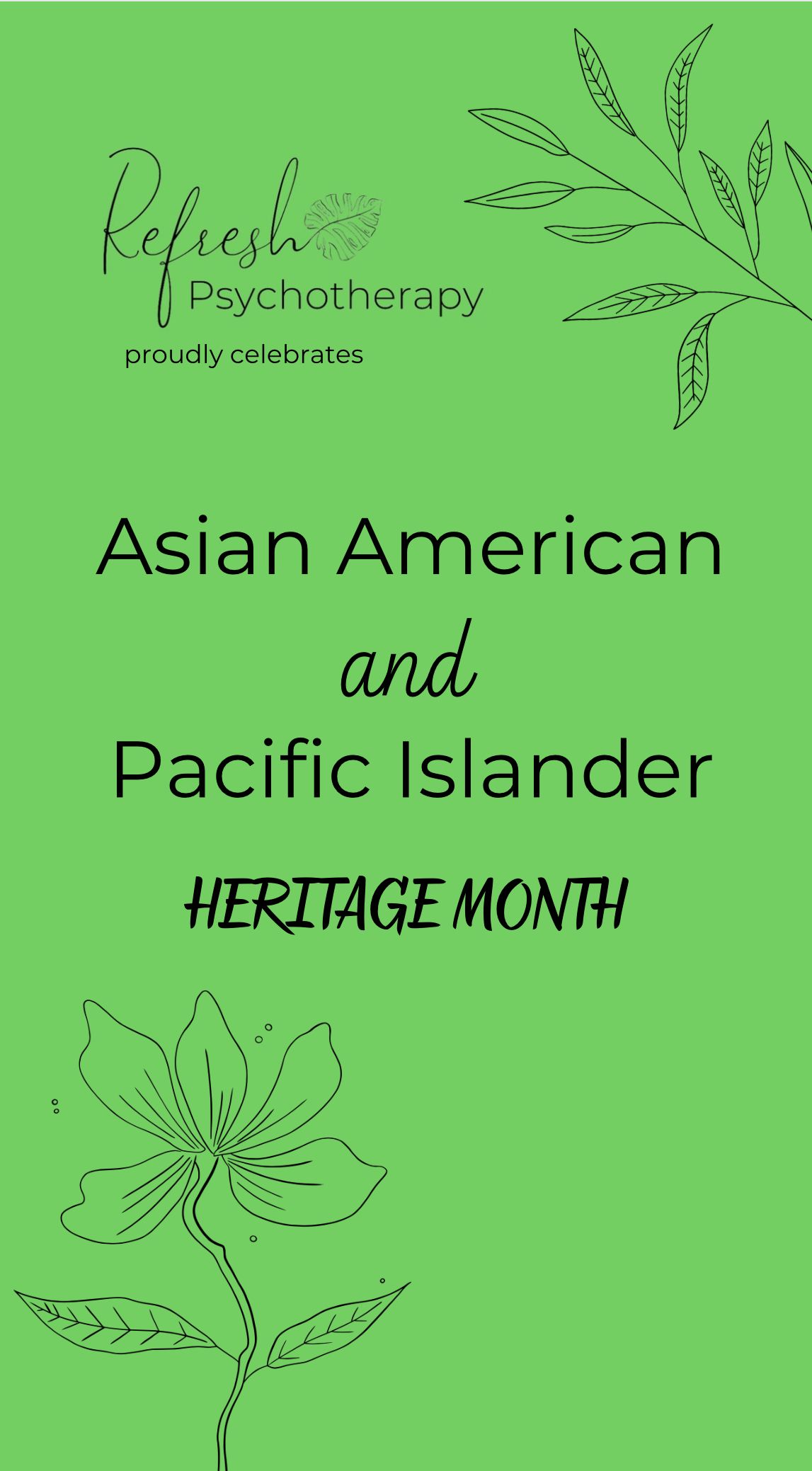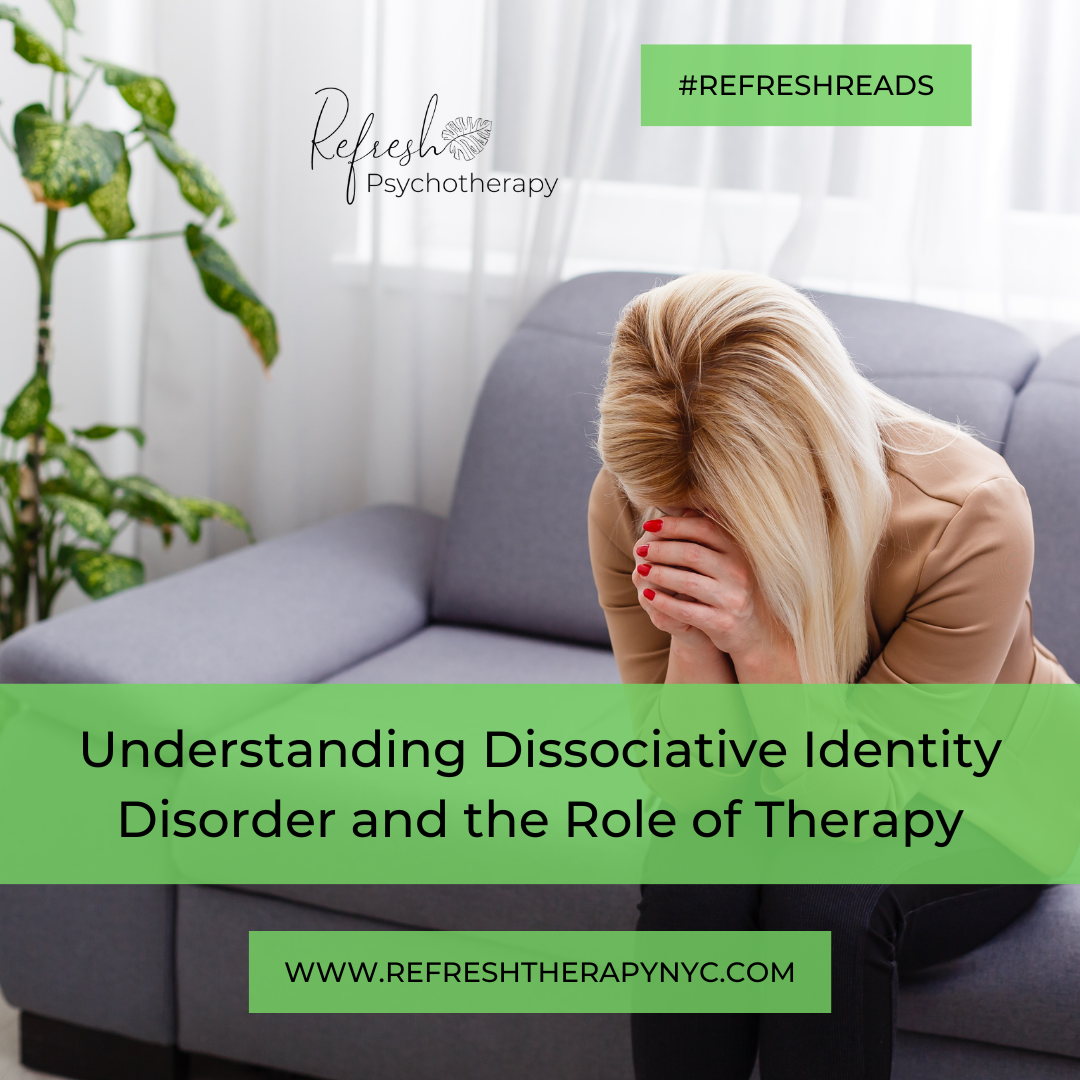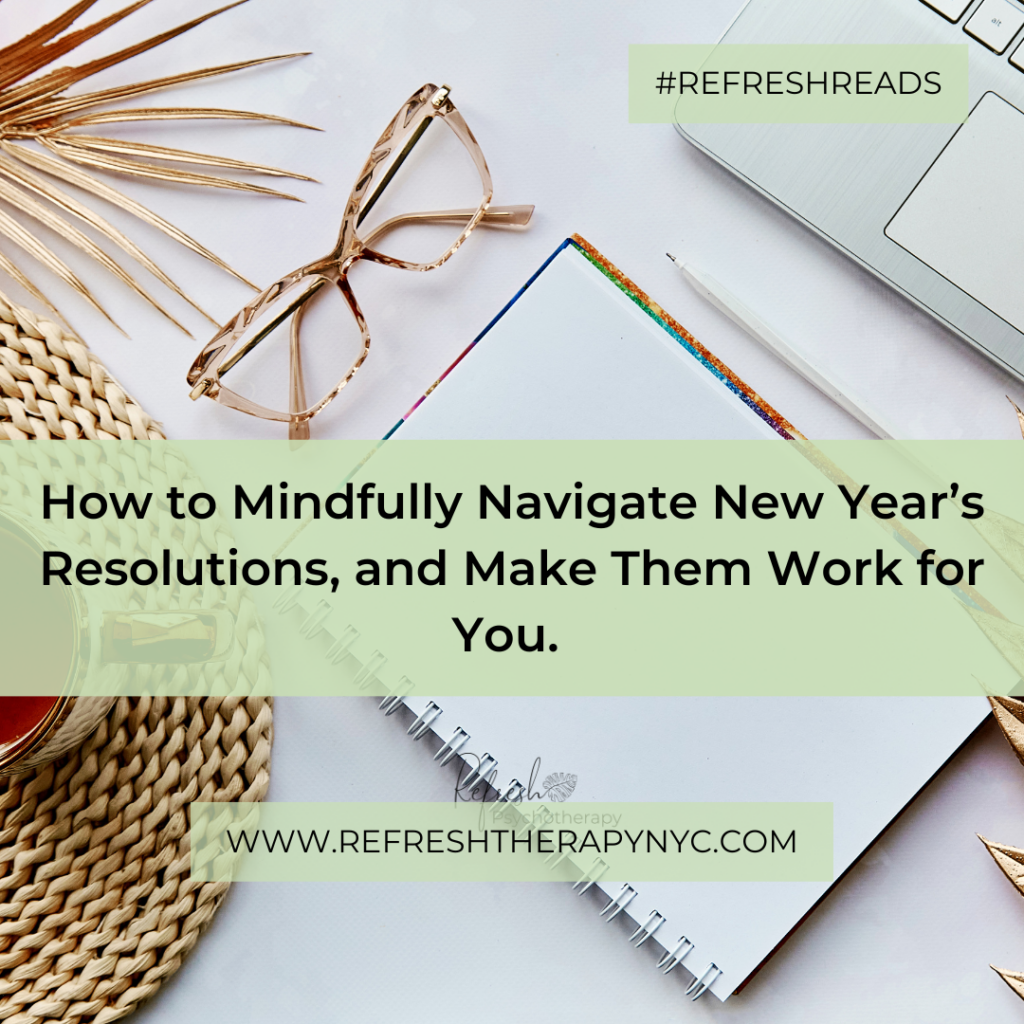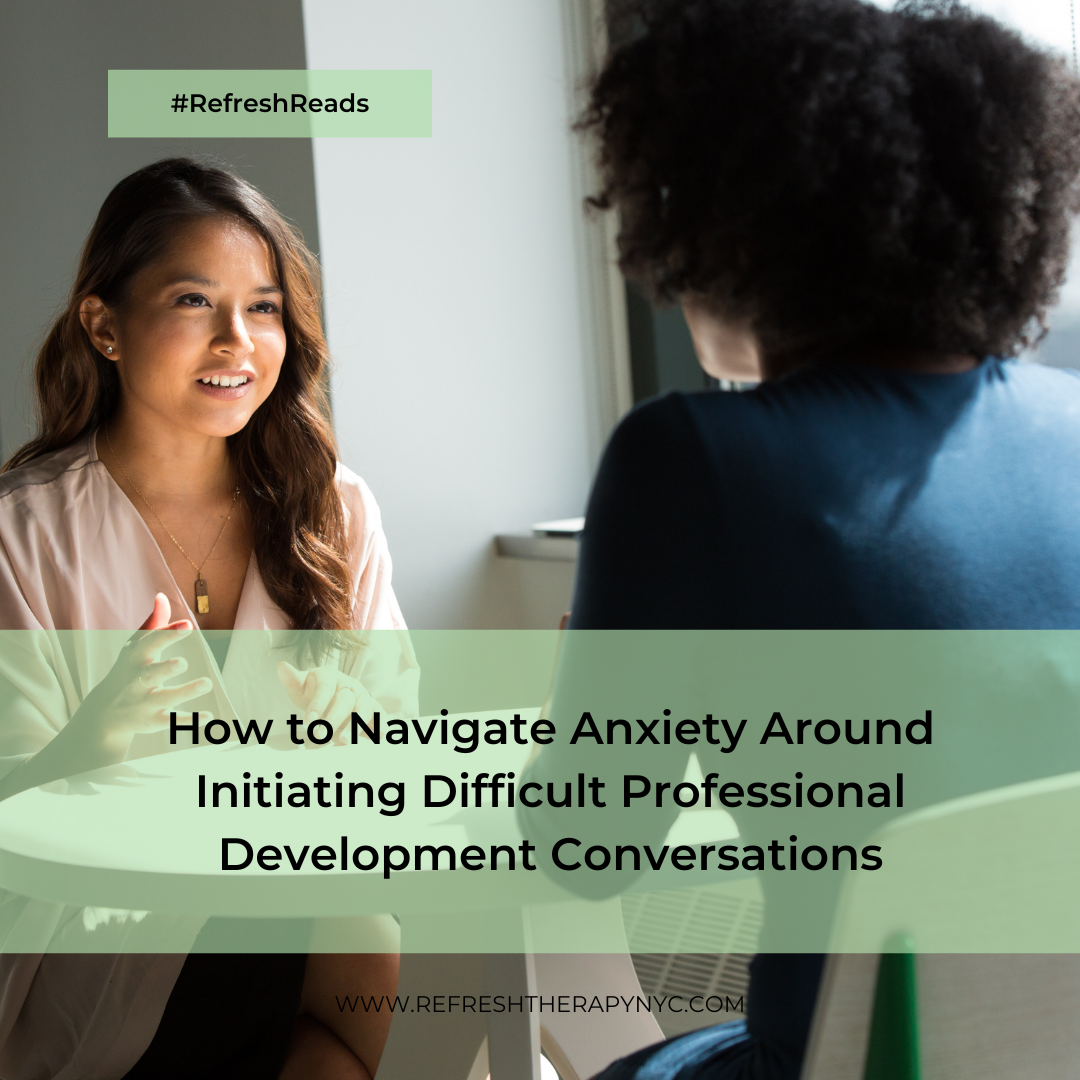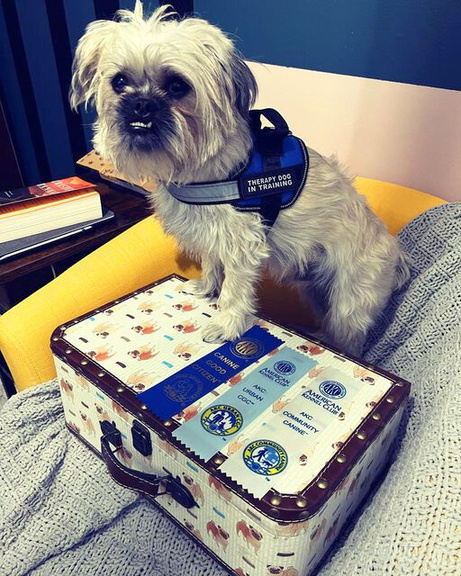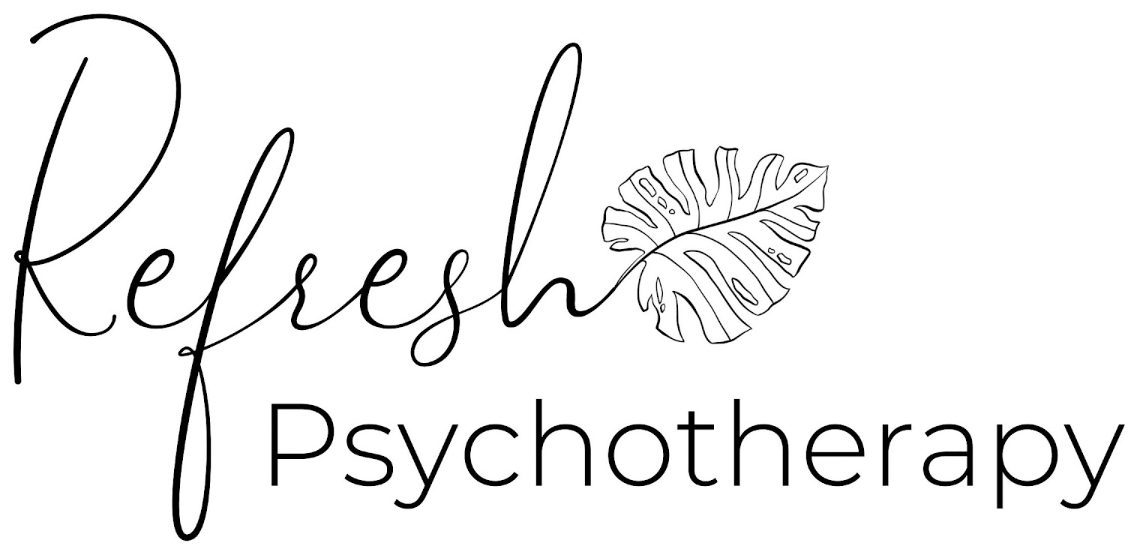Visa-Freeze Anxiety: Living While Your Life Is on Hold — Grounding Tools for People Stuck in Never-Ending Processing Queues
It’s hard to build a future when your entire life is paused. For those trapped in visa backlogs and endless immigration processing delays, daily existence often feels like waiting for permission to start living. You may be trying to advance your career, support your loved ones, or simply plan your next year—but instead, you’re held in limbo by a system that offers no timeline, no clarity, and no control.
From a mental health perspective, this kind of uncertainty is profoundly destabilizing. When the mind can’t predict what’s next, it tends to over-anticipate every possible scenario, triggering hypervigilance, hopelessness, and intrusive anxiety. This phenomenon is what we call visa-freeze anxiety—a form of chronic emotional stress experienced by people stuck in prolonged immigration queues.
This article explores how visa delays impact mental health and offers concrete, research-based grounding tools to support emotional regulation and agency.
The Psychological Toll of Living in Limbo
Immigration-related uncertainty is a known psychological stressor. Studies show that prolonged delays in legal status processing are associated with increased symptoms of anxiety, depression, insomnia, and trauma-related stress, particularly in individuals who feel trapped between worlds or unable to plan for the future (Li et al., 2020; Bhugra, 2005).
These long-term delays can chip away at your ability to stay grounded in your identity, your goals, or your relationships. There may be shame in not having “answers,” fear of losing hard-earned opportunities, or exhaustion from constantly checking for updates that never come.
Common mental health symptoms of visa-freeze anxiety include:
- Racing thoughts about “what if” outcomes
- Difficulty sleeping due to uncertainty and hyperarousal
- Social withdrawal from feelings of shame or isolation
- Impaired focus or motivation at work or in relationships
- A sense of identity erosion from being unable to make progress
This is not a lack of resilience—it’s a natural psychological response to prolonged, high-stakes uncertainty with no clear resolution.
Why Grounding Tools Matter
When you’re caught in chronic uncertainty, the brain’s threat system is constantly activated. Grounding techniques help regulate this physiological stress response by bringing your attention out of the future—and back into the here and now.
Grounding doesn’t mean pretending the situation isn’t hard. It means offering your nervous system relief from relentless anticipation. The goal is not to “fix” the problem but to reclaim pockets of control that help you live with more peace and agency while the system takes its course.
Evidence-Based Grounding Tools for Visa-Freeze Anxiety
- Time-Limiting Your Worry Window
Research shows that scheduled worry periods can reduce generalized anxiety (Borkovec et al., 1993). Set a timer and allow yourself 15 minutes a day to think about your visa case—journal, research, or vent during this time. Outside of that window, gently redirect your focus. - Daily Somatic Anchors
When anxiety is future-focused, somatic anchors pull you back into the body. Try placing a hand on your chest and one on your stomach while practicing slow breathing (inhale 4 counts, exhale 6 counts) for five minutes. This calms the vagus nerve and activates the parasympathetic system (Porges, 2011). - Naming What’s Out of Your Control—Then What Isn’t
Using a method from Acceptance and Commitment Therapy (ACT), try writing down two columns: one labeled “Out of My Control,” the other “Within My Control.” Visa processing is out. But your daily routines, boundaries, relationships, and self-care are within. This helps shift your energy toward action. - Micro-Routines for Structure
When life feels suspended, even small routines—morning stretches, daily walks, or a weekly check-in call—can restore a sense of movement and agency. Research suggests that predictable routines buffer against anxiety and depression during periods of uncertainty (Hobfoll, 2001). - Connection with People Who Get It
Visa-freeze anxiety often feels invisible to others. Joining online forums or support groups with people in similar situations provides emotional validation. Connection is a protective factor, especially when isolation or shame creep in. - Therapy That Validates Limbo
Therapists familiar with immigration stress and identity issues can help process the grief and helplessness that arise from extended limbo. Therapy can also support the rebuilding of meaning, confidence, and self-worth during a time when external progress feels impossible.
What You’re Experiencing Is Real
Living in legal limbo can undermine your sense of identity, autonomy, and control. People experiencing visa delays often report a sense of “disappearing”—not being seen by the systems around them and not being able to fully show up in their own lives. This invisible struggle can make even basic tasks feel burdensome.
It’s important to know: this experience is real. And you’re not overreacting. A nervous system stuck in a prolonged fight-or-flight state is working overtime, which explains the fatigue, the fog, and the frustration.
Recognizing that your worth is not contingent on progress or productivity is a major emotional shift. You are still worthy, even when your life is paused. You are still you, even if the system hasn’t moved.
You Don’t Need to Wait to Take Care of Your Mind
You may not be able to move forward in the ways you hoped. But you can still reclaim your mental space. You can still build emotional capacity. You can still show up for your relationships, your values, and your well-being.
Visa-freeze anxiety is real. But so is your resilience. Not in the sense of muscling through—but in the quiet strength of grounding, naming your needs, and refusing to disappear while you wait.
You don’t have to put your life on hold to protect your mental health.
Works Cited
Bhugra, D. (2005). Migration and mental health. Acta Psychiatrica Scandinavica, 109(4), 243–258.
Borkovec, T. D., Wilkinson, L., Folensbee, R., & Lerman, C. (1993). Stimulus control applications to the treatment of worry. Behavior Research and Therapy, 31(3), 263–267.
Hobfoll, S. E. (2001). The influence of culture, community, and the nested-self in the stress process: Advancing conservation of resources theory. Applied Psychology, 50(3), 337–421.
Li, S. S. Y., Liddell, B. J., & Nickerson, A. (2020). The relationship between post-migration stress and psychological disorders in refugees and asylum seekers. Transcultural Psychiatry, 53(5), 524–545.
Porges, S. W. (2011). The Polyvagal Theory: Neurophysiological Foundations of Emotions, Attachment, Communication, and Self-Regulation. W. W. Norton.

